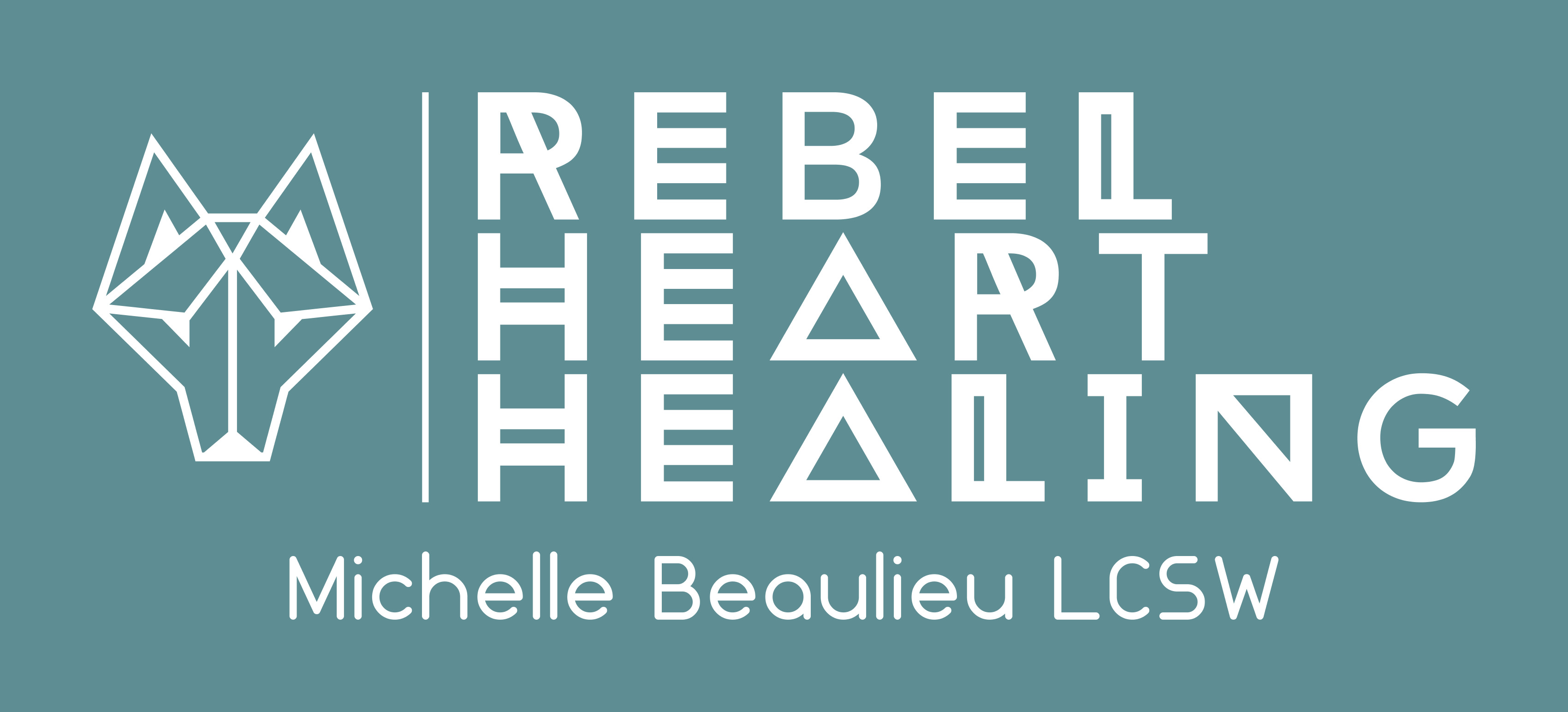How do I know if my insurance will cover treatment?
For you to use your insurance for treatment, you need to:
-live in the state of Alaska
-meet criterion for “medical necessity” (meaning, you need to be having symptoms that merit a diagnosis, which we can discuss at the time of your initial session)
-provide me with your insurance information, so we can check your benefits and see if outpatient mental health services are covered.
I am “in network” with Premera Blue Cross (which means I am considered in-network with all BCBS subsidiaries). I am out of network with Aetna, EBMS, and other Alaskan insurers, but I still submit the claims for you & invoice you for the remaining amount. At this time I am not able to process billing for secondary insurance, though I can help you figure out the process for you to receive compensation from your secondary insurance once we’ve received the payment from the primary insurance.
I also provide alternative healing sessions, through my alternative practice, rebelheartenergy.com. Insurance does not cover these sessions, and I am happy to discuss the differences between the services with you.
What is Energy Psychology?
Energy psychology combines exposure therapy, a researched and established Western approach to treatment, with non-Western, holistic techniques of healing and spiritual development. It is a collection of mind-body approaches for understanding and improving human functioning, and focuses on the relationship between thoughts, emotions, sensations, and behaviors, and known bioenergy systems (such as meridians and the biofield).
What is shamanism?
“‘Shaman’ is an ancient term for a healer — a person of medicine,” writes Alberto Villoldo, Ph.D., founder of The Four Winds Society. “Shamans understand that the material world is an expression of a subtler energetic realm, and are able to interact with both realms at all times.” Richard Schwartz, creator of Internal Family Systems, notes that IFS is shamanic in nature (even though he didn’t realize it when he came up with it).
To me, the shamanic path is about direct experience, not a religion or a path of cultural appropriation (for an interesting, beautiful read on the hazards of cultural appropriation in many body-based healing approaches, such as Craniosacral, I recommend this piece by Susan Raffo). I do not believe, nor would I ever ask you to believe, anything other than what arises in your own direct experience. Shamanic practices do often provide helpful inroads into what psychology often refers to as “the unconscious”. Using terms from contemporary neuroscience, we are referring to implicit memories (memories that are held in the body, and yet of which we are not consciously aware.) I disclose my shamanic training in the spirit of full transparency, as I do believe it influences how I engage with Internal Family Systems theory.
Alberto Villoldo and Sandra Ingerman (both famous, well-respected shamanic teachers and authors) began their careers as therapists.
What is Internal Family Systems (IFS)?
Here is a link to the IFS website. IFS is a bit of a quirky modality, but in my experience, many clients who have had years of more traditional therapy find it to be a “game changer”, and a method that helps them really begin to understand themselves in ways that are deeply transformative. I would recommend listening to a podcast on IFS to see what you think.
What is Hakomi?
The Hakomi Method is an experiential psychotherapy modality, wherein present, felt experience is used as an access route to core material. Hakomi combines Western psychology, systems theory, and body-centered techniques with the principles of mindfulness and nonviolence drawn from Eastern philosophy.
